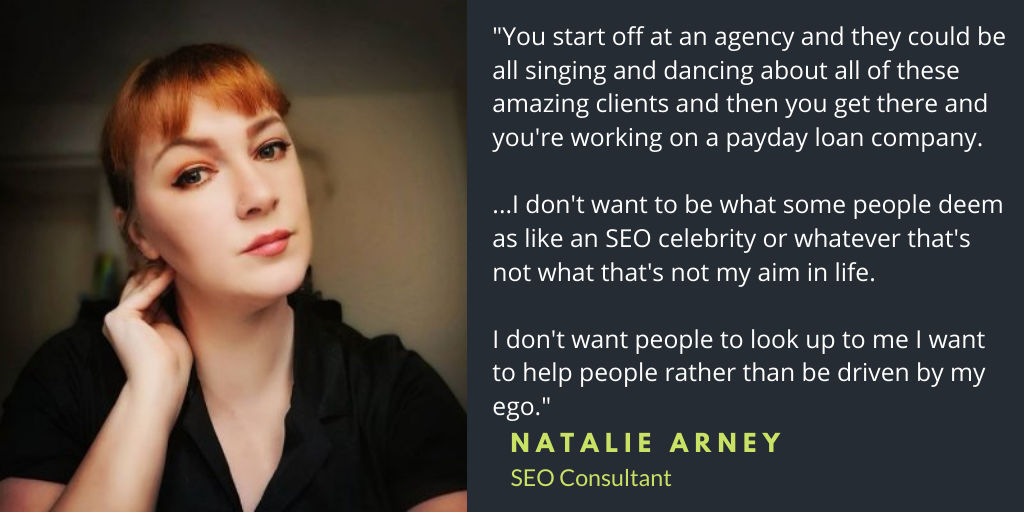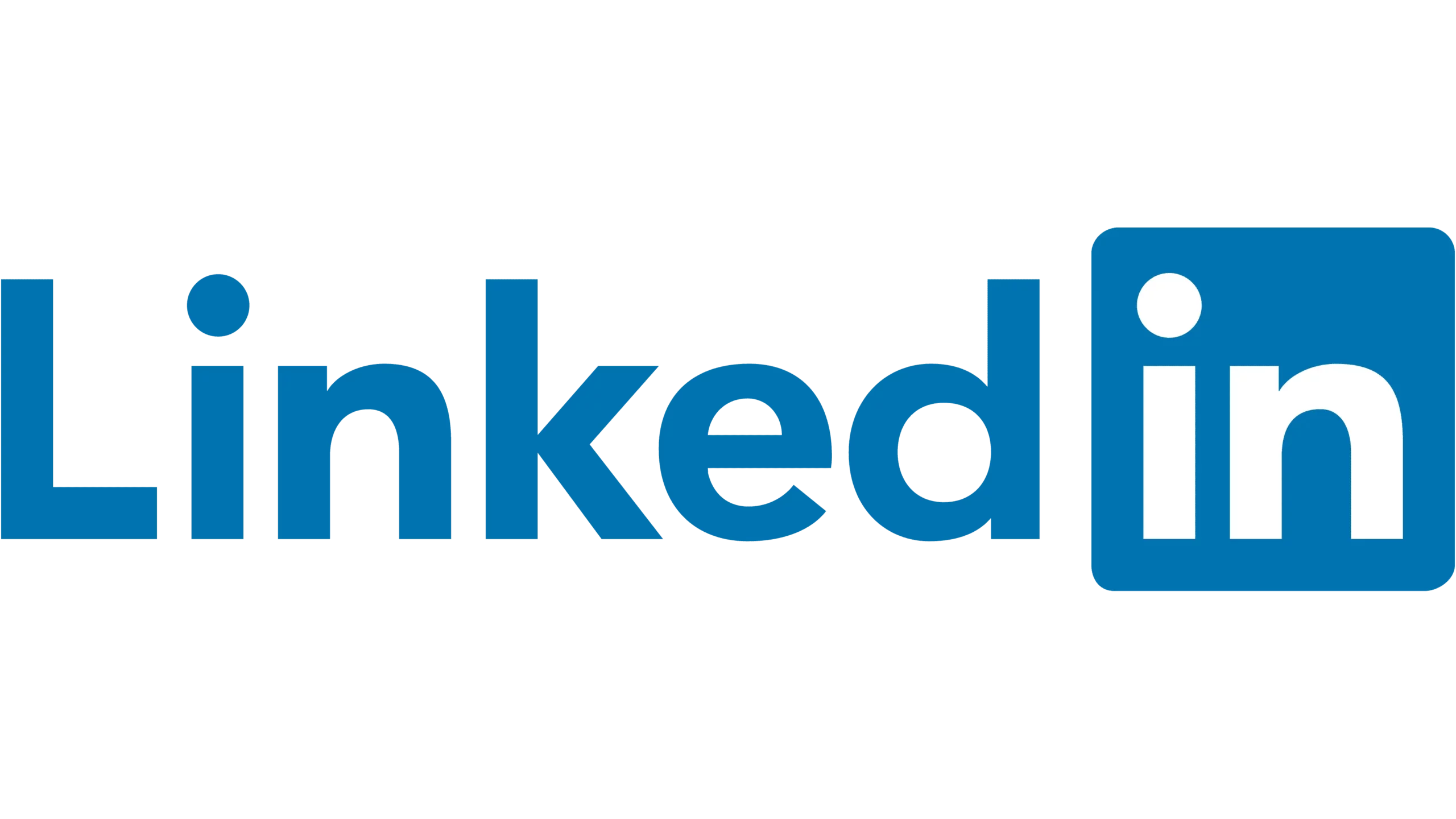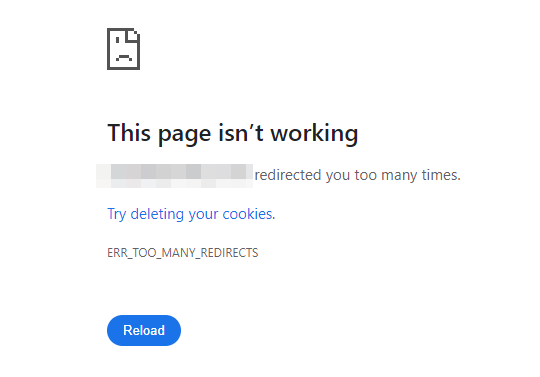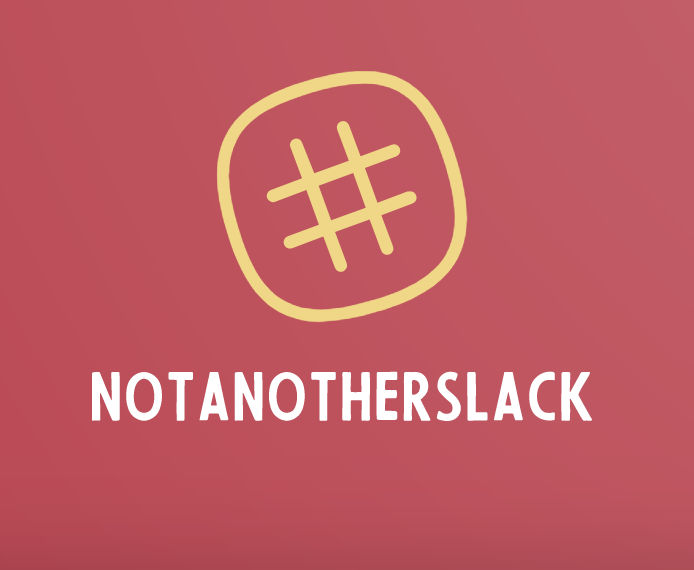I was over the moon when Natalie said yes to the opportunity to speak with me here in my series about Ethical Marketing. She's someone I've followed in the SEO world for a while now, and always impressed me with her ability to stand up for the various things she's clearly very passionate about 💪.
Not only is she a champion of many very worthy causes, but she's a brilliant SEO - and (like myself) thinks of herself as a bit of an all-rounder, allowing her to cover lots of ground in her role as an SEO consultant. If you're interested in learning more about Natalie and her SEO consultancy services you can check out her website.
I was keen to speak with Natalie because a) she's a much more experienced SEO specialist than me, and b) she's spent more time working within and amongst other agencies - so I was confident she'd be a very knowledgeable person to chat with about this topic.
I actually spoke with Natalie way back in January but due to unforeseen circumstances (my general state of panic and busy-ness!) I'm only just now getting around to publishing this. So, thanks once again to Natalie for being very patient whilst I transcribed and edited our chat, very, very slowly! ⌛
Interview with SEO Consultant Natalie Arney
Matt: Would you say there are any client industries that you would rather avoid, for personal/ethical/moral reasons?
Natalie: I’d avoid anything from the following industries/areas/business types:
- Anything to do with gambling
- Any businesses that are known for treating their workers poorly
- Any businesses that test on animals or are involved in animal and human cruelty
- Any businesses known for taking advantage of people; for example, Pay Day Loans companies
- Right wing media, right wing political and fringe groups
- Those known for having right wing opinions/affiliations
- Businesses where the owners opinions clearly don’t align with mine
A lot of the time when you enter say the agency world, and I think because I went agency; in-house; freelance - and I think a lot of people take that journey as well, and they do the same thing. You start off at an agency and they could be all singing and dancing about all of these amazing clients and then you get there and you're working on a payday loan company and it's like oh I could have been working on like this new green bank or something that ties in with your your interests.
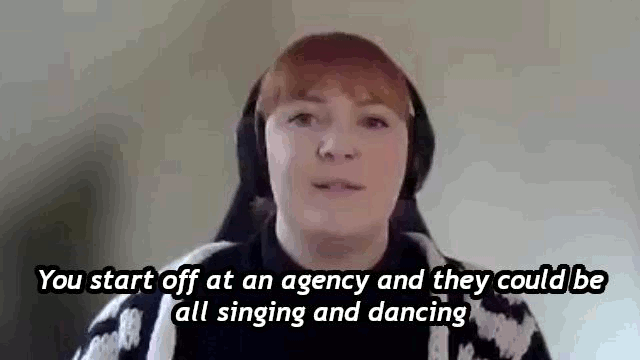
I think sometimes it's like "Okay palm off the dodgy client onto the the people that you know that are new and fresh and that can just deal with it because they're not going to speak up" and then the nice clients that people get awards for - which is a whole other story - go to the people in the agency that have got the brand that's already existing and you're not giving junior staff, number one enough credit, and number two the opportunity to be able to work on things that they want to do and enjoy. Then when you pipe up about it sometimes you worry that it's going to be "oh well this is what makes the business money."
I find that just sickening and as someone who has strong ethics with regards to who I work with and what I work on; for example when I was working at a big agency we had a client and they needed an SEO manager, at the time I was pushing to get a promotion, my director, my line manager they'd put so much time and effort into all of the work behind my promotion alongside me and basically I got told that unless I went with a specific client I wouldn't get my promotion.
Now the specific client was like one of the biggest animal testing companies in the world and I'm a vegan. I guess I could have kicked up a big fuss about it because obviously you know veganism isn't a religion but it's a protected belief and to the same effect - well I don't know if it's as much as vegetarianism but you would think that people would respect people for their choices that they make for their diets.
To be basically told oh number one you're not getting the promotion and then number two to say "well you could get the promotion if you worked for this client but because of your beliefs you don't really you don't want that role do you?" Yeah I don't want this role and I don't actually want to work here anymore if you're going to be giving me that. It's a tricky one but at the same time I think there's a lot going on under the surface in a lot of places like that.
Matt: Do you have any tips for people who want to learn SEO and get a job agency side - but they're concerned about dealing with clients that might not match their own ethics or personal beliefs?
Natalie: If you're looking to work agency side, a good tip is to ask about the clients you'd be working on, and being clear on the kind of clients you don't want to work with.
I know a few agencies have their own rules about who they do and don't work with client wise, and what they would and wouldn't do - so for example Neomam refuse to work with iGaming (gambling) brands (and have had this policy since 2014), and Builtvisible refuse to place links on certain sites as part of their genuine Be Kind policy.
And if someone either runs an agency with similar policies, it's good for them to make it clear that it's what they are all about - they should never underestimate that value as there are lots of people who would LOVE to work for agencies with policies like that.
Matt: Do you think that you can still make a good living as a consultant that chooses to work with ethical, or for purpose companies?
Natalie: There's some sacrifices that you do have to make. A lot of people say "you know I wouldn't work in the charity sector because the money's poor" and it's like well there's lots of reasons why charity wages are poor.
It could be that the top are creaming money off the top and taking home six figure salaries or it just could be that they need more help with their fundraising and marketing. There's lots of different reasons and it's quite privileged for me to say "oh you know I can help people like that out." I don't mind the knock on my income to help businesses that believe in the same thing as I do, I like to help them out whereas not everyone's got that choice, even versus other freelancers.
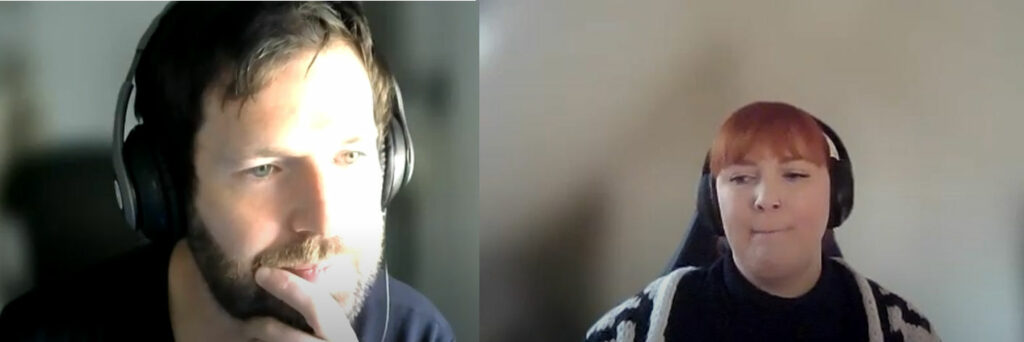
Matt: Have you ever felt that as an SEO specialist there’s a relentless push towards growth, even in cases when traffic has been on an upward trend for many months/years? Is it hard to talk clients out of this mindset?
Natalie: Yes, and this even happens in the ethical space.
Discussing with business owners or decision makers in charities and NFPs really does help - being able to target quality, not quantity of traffic is so important in those spaces. Usually this helps; and if it doesn’t it frequently makes me wonder whether the business is as ethical as it thinks it is in the first place.
Matt: What kind of topics do you feel within the SEO industry are important to discuss, from an ethical or moral perspective, which don’t get so much attention?
Natalie: I’d say some of the following:
- The reliance on gambling and pay day loans companies budgets holding up entire agencies
- Targeting right wing media with outreach
- Treatment of staff
- Having clients that cause societal damage - whether that’s things like pay day loans and gambling brands, or fast fashion companies
- Greenwashing in marketing
Matt: There’s been lots of talk about diversity within the SEO industry - and perhaps the lack of it. Do you think you’ve seen any improvements? Are we, as an industry, being as inclusive and open to all types of people?
Natalie: I’ve seen some green shoots of work towards this, but there’s still a long way to go. Women, Non-binary people and those from other marginalised genders still don’t have equality with men, we’re still seeing lots of white people and very little Black and Non-Black People of Colour in agencies and leading roles, and ableism and classism is still rife - it’s not even something people discuss.
Matt: You’ve spoken at some great events, BrightonSEO being one of them. From the outside they seem to be great at encouraging a diverse range of speakers at their conferences. What do you think it is that they’re doing differently, compared to other conferences?
Natalie: I think that events such as BrightonSEO really do encourage those who haven’t applied to speak before - and that’s shown in the diversity of those applying and the topics spoken about. Whereas others have closed pitch processes, or don’t allow pitches at all; choosing to instead invite those they think would be good speakers. A lot of the time this is the same people, doing the same talks over and over again, and getting paid to do so, because their friends have invited them.
We need less homogeneity in speaking - it’s proven that if someone sees someone like them speaking, or in a role they’d either aspire to be in, or even not thought they could do before, the person is more likely to have a positive attitude and even aspire to be in that role. Whereas if they see the same people and kinds of people, in the spotlight again and again, their attitude is more likely to be negative, which is something we most certainly need to move away from.
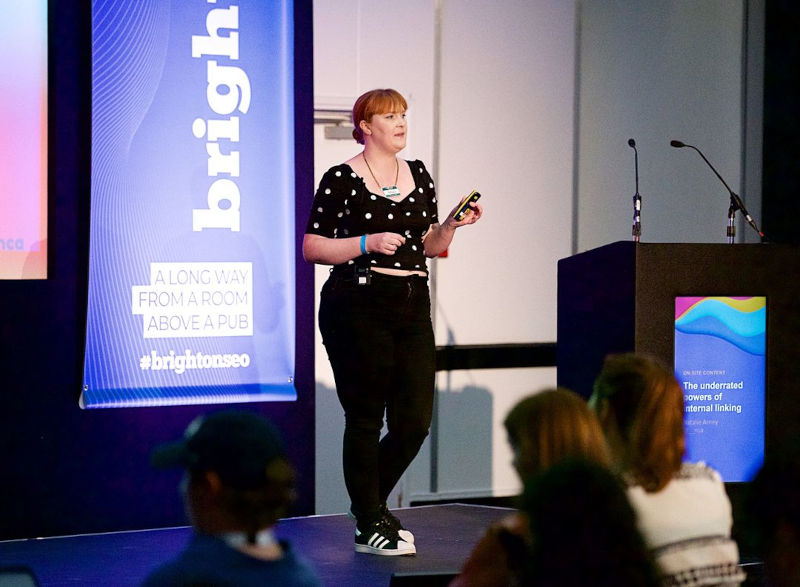
Matt: From your website you describe how you’ve worked across many industries, and have experience in technical SEO, content and links (a nice mix!). Have you ever struggled to find your perfect fit, in terms of a client? People often say we should niche down to one particular area of SEO - would you agree with that or not?
Natalie: I haven’t at all. I think as a freelancer it’s a great thing to be a more holistic SEO - being able to do, or at least understand different elements in SEO can be super impactful for clients, and saves them time and money in being able to offer these things - and do them well.
I also think that if something needs a little extra expertise, then I’m happy to refer those who are specialists in certain fields. Not to blow my own horn too much, but this happens very rarely as I can do most things really well; or at least work with a client’s internal team (such as developers) to get things done.
Matt: I haven't been very privy to a lot of the stuff that does go on in agencies but it must be so difficult for someone who is very junior and trying to start their career to stand up and say no, I don't fancy working on this account. That said, it's kind of blackmail, what you were put through previously...
Natalie: The way they expect you to believe in the same things or have the same ethics as you as well as them, or they assume that you have the same stance as them on certain things, is kind of wrong.
So for example loads of people will say that they won't work with certain industries, but don't bat an eyelid at getting links from right wing publications and places like The Sun. And aside to this, that many will work with gambling and what we used to call payday loan companies, but there's a lot of negative aspects for those industries - pushing people further into debt, making them suicidal etc, and then saying that it's not their problem, they just do the SEO.
It's really confusing and I think it's quite damaging as well because people will see these people with these warped kind of positions where they will say that they believe in something, and people do idolise people in agencies we see it online all the time, the whole kind of the ego driven thing.
I say this sitting here having an interview for a publication and people will be like "oh well you'll be speaking at BrightonSEO and you speak for people when you publicise yourself" but it's like yeah that's part of my job. I don't want to be what some people deem as like an SEO celebrity or whatever - that's not my aim in life, I want to help people rather than be driven by my ego that's why I went into teaching initially.
Matt: Are agencies quite as bad as they're made out to be on Twitter? Obviously not all of them are terrible, just some give the rest a bad name (I imagine!) - how do you think they could improve things?
Natalie: One thing I think is that people in agencies need to feel less alone in the fact that they don't agree with something that the business that they're working for does.
Especially with regards to workers rights that's a big thing for me as well because we know that there's so much toxicity. You could hear an agency or a business talk all about how amazing they are and how well they treat their staff but if there are staff, even just one person that doesn't feel like they fit and they're being treated properly that they can't leave or that they have to leave. If they're suffering and there's nothing that they can do and no help out there it really does suck and there's a lot of places that are like that unfortunately.
There's so many people that I speak to almost on a daily basis. I wish I had the time to be able to set something up for people. That's my pipe dream, to be able to have have a a proper union for people like us. Not just for people like us all but for people in the industry. I find that a lot of business owners seem to find it as a threat as well.
I put out a twitter poll asking what are your thoughts on having a union. Lots of the business owners saw it as a threat but being able to bring something in that protects workers isn't a threat to your business because the workers will be more happy in their job and they're more likely to stay, and if they're not; number one they can get the help that they need without really stepping on someone's toes, and number two the business doesn't have to dish out all the money for lawyers and solicitors when you get a union involved - plus you don't always have to get to that point.
It's not about trying to shut agencies down or agency directors and managers worrying about getting sub-tweeted, it's about trying to foster an environment where people have a better more enjoyable working life.
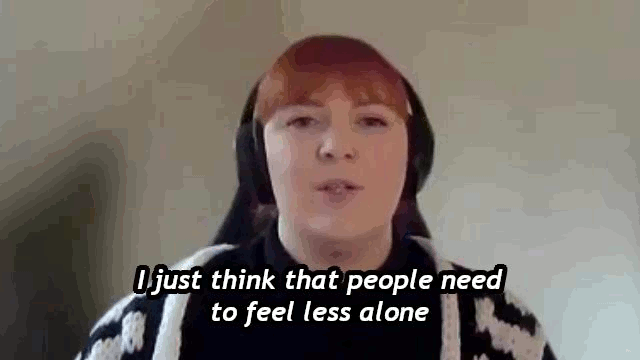
Matt: You're quite vocal about not wanting to get coverage on certain, right-leaning news publications. Was this a difficult stance to take when you also offer digital PR or link building services to your clients?
Natalie: I'm quite open with my clients about certain things like when I get a client on link building and digital PR and I say to them "I don't actively outreach to The Sun and The Daily Mail - and I hope that's okay with you" and most of the time they're absolutely fine. I don't think I've had anyone raise any issues.
I told them if we do get a link from that publication it's not because I've outreached to them it's because they've just featured us.
I've been blocked by people, trolled by others and been called out at conference in front of many others - and had lots of hurtful things happen to me simply for saying I wouldn't actively outreach to publications like the Daily Man, The Sun, The Scottish Sun or anything like that. People wanted to sully my reputation just because I don't believe in working with right-wing propaganda groups. These are the publications that are basically turning our country even further into the disgustingness we've been going through. We've already got a bad reputation for colonializing like half the world and we're getting an even worse reputation now for Brexit and other things.
I think when we when we're looking at things like that - and I don't want people to police what they say and what they think on social media, I'm all for free speech, but if you outwardly express opinions that will get you sacked - if you said that out loud in an office when you know people around you aren't going to react well, why say something that's horrible and venomous as that on the likes of Twitter?
Matt: On the topic of greenwashing - what do you think about businesses or even marketers that are now emphasising their green credentials or "for good" purposes? Is there a risk of greenwashing here?
Natalie: It might not always be a marketing point or a marketing position, and it's not there to be something that you can make lots of money from, rather than progress in a certain area. One of my clients wrote a brilliant guide about greenwashing. It was amazing, so well researched and so detailed, a fantastic piece that naturally acquires links. I absolutely love it from their SEO standpoint. This is great, really well written but I also want to send it out to everyone that is like "oh we're now this kind of company and we're offsetting our carbon emissions and everything". Well done that's great - however what you could be doing is not green washing and actually actively doing additional things or pushing those other things that you can do to to benefit others.
So whether that's putting pressure on big movements, not having fossil fuel clients - that's another one. People are like "oh we're offsetting all of our clients carbon emissions by buying trees" and then they'll take on a client that's one of the top polluters in the world. Whatever you do with that thing that you're marketing will never never never offset what these people are doing. This is one of those things that I could talk about for a long time!
I do try to recycle, I do all of the things that I think I should do to help be more kind of eco-friendly sustainable etc. My clothes; my friend made my cardigan, the food I eat the electricity that I buy all of that stuff but it's never going to matter unless I'm actively pushing against the people that cause all the issues. It's the same with people.
When I worked for Alternative Airlines people were saying "oh you're really into eco and sustainability and you're working for a company that sells flights?" I explained that these are all the ways that you can have a more eco-friendly flight and secondly the people that are taking a flight - perhaps someone has got to go and see their grandma in Nigeria because their grandma is close to passing away - that person buying a flight for that is not going to have the same impact on their travel as someone who's got a private jet. I probably sound like a QAnon person or something by now!
Matt: Are there any charities or causes out there that are particularly special to you?
Natalie: I would say that anything that helps humans and/or animals really does appeal to me. I know that’s quite broad, but surprisingly there are charities and NFP's (Not For Profit's) which lose their focus, or are set up for the wrong reasons.
Anything to do with mental and physical health, animal rescue, and helping marginalised people within society are up at the top for me.
I also do consultancy for brands and for agencies and let's say for example someone might be running a campaign about a vegan topic and they don't know which influences and publications to reach out to, this is the kind of thing I can help with. Having that active contact in that space does help. I was approached by one agency only recently about helping them with an unpaid campaign on veganism.
Matt: On the environment and climate change, do you have any examples of real-life changes you’ve made which you think could be adopted by more people, to help with the issue? I know you're vegan from when I was asking for some new recipes on Twitter! - Would that be one?
Natalie: I would say that going vegan is a big one for me. I also try to shop small as much as I can, and I try to eliminate food waste. I don’t drive a big car, and prefer to use public transport when I can.
I don’t buy what I don’t need, and reuse and recycle as much as I can.
I also try to make people aware of what is greenwashing and what isn’t - I think that’s so important as it really detracts people from what really matters.
There's been an increase in discussion about business with purpose and that's great, but anything could be a purpose. And if you're marketing yourself as having a purpose or helping someone with purpose, it has ties with greenwashing, so you need to be careful about that.
Even though I do all of the above, I also think it’s incredibly important for people to know and understand where the main pressures and impacts on the environment are. When just 100 companies are responsible for 71% of global emissions, I believe that these businesses need to do something (or even not exist) vs putting everything down to the individual. I’m not an individualist in the slightest, and believe in collectivism as much as possible.
Individualism is destructive and detracts people away from the fact that there are corporations who could change this all much quicker and more effectively than someone worrying about whether they are able to put a specific container in the recycling.
I don’t think climate issues are fully reversible, but there is the opportunity to slow it down. Whether this happens or not is debatable.

Thanks for following along the journey here with Natalie - and thanks again to her for taking the time to speak with me about these topics!
If you want to follow Natalie on social media or get in contact with her you can find her information below
Natalie's Website
Natalie on Twitter
Natalie on LinkedIn
If you're passionate about a topic relating to ethical digital marketing - whether or not you work in SEO, I may still be interested in featuring you. Feel free to reach out if there's something you fancy chatting about!

